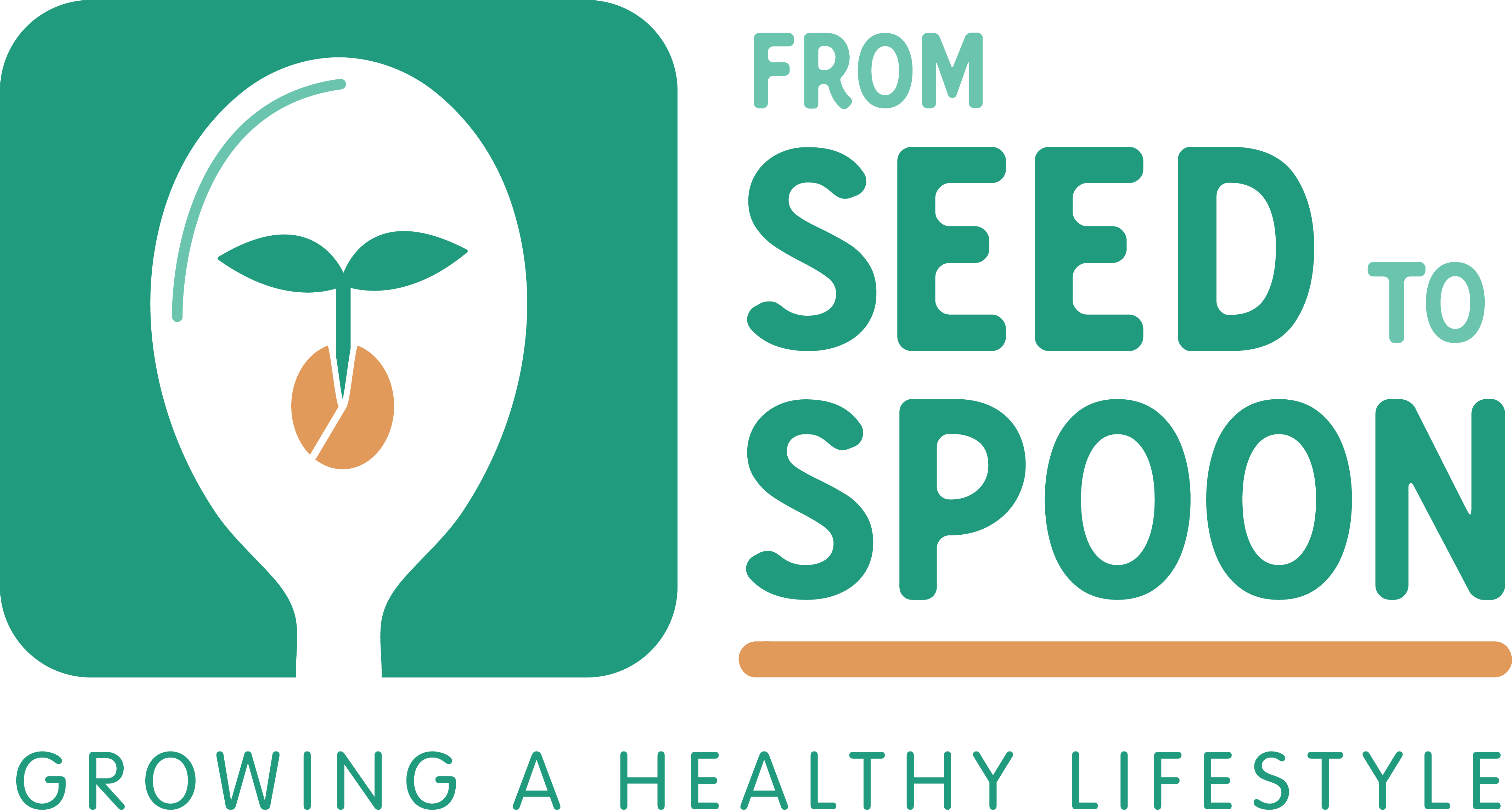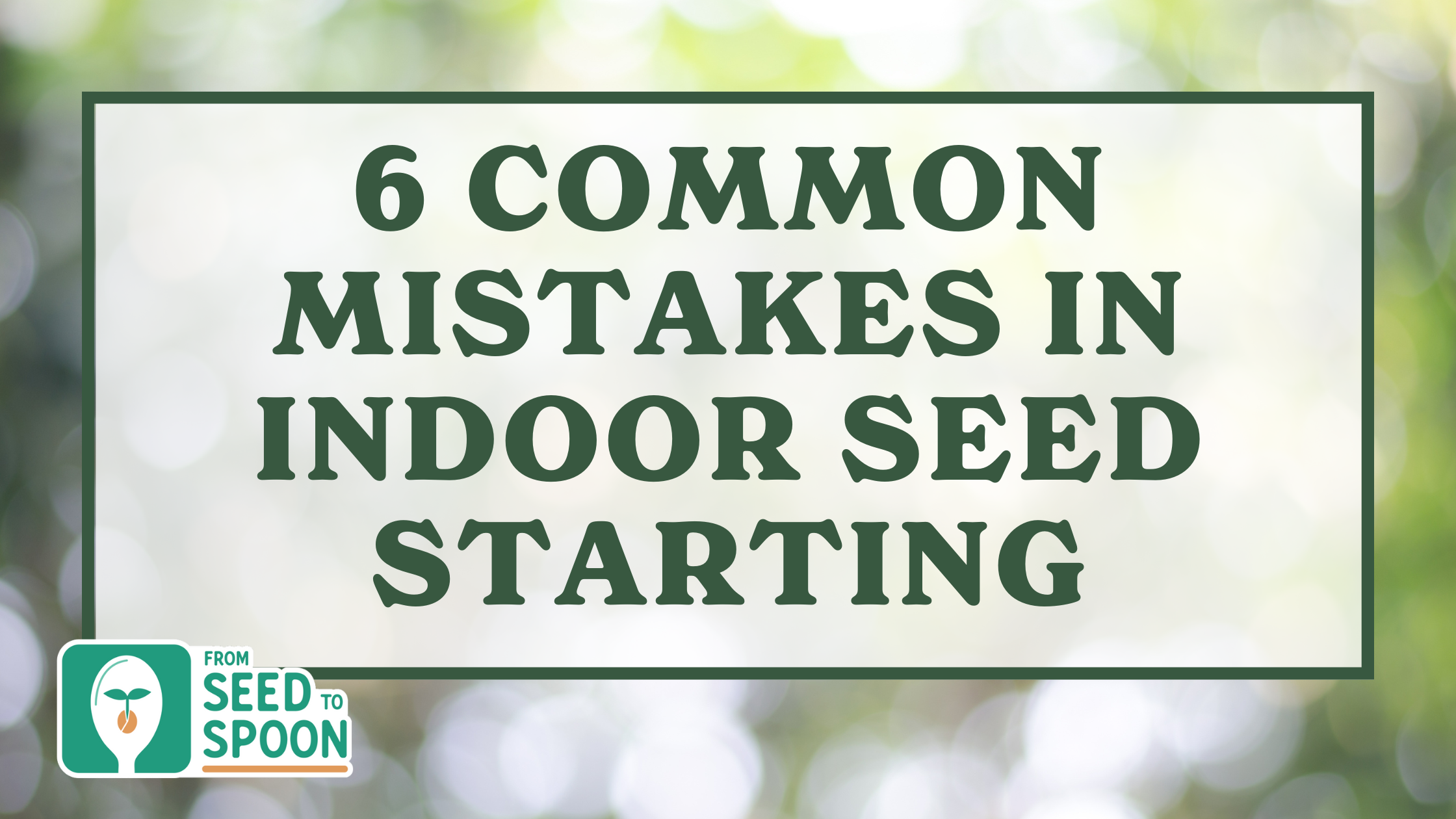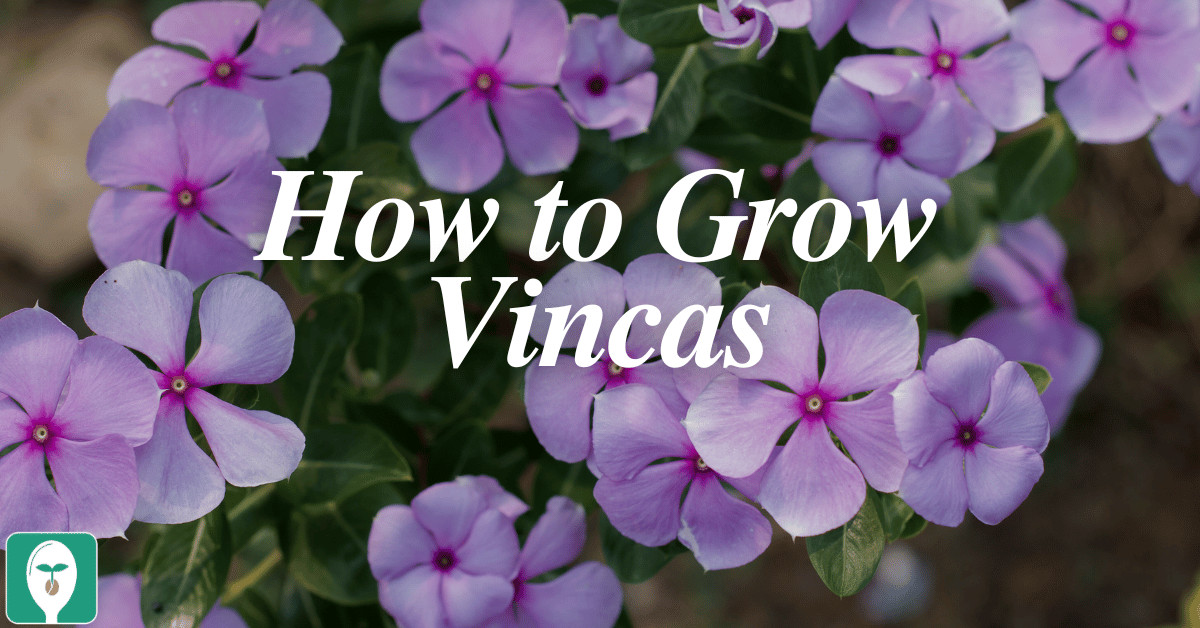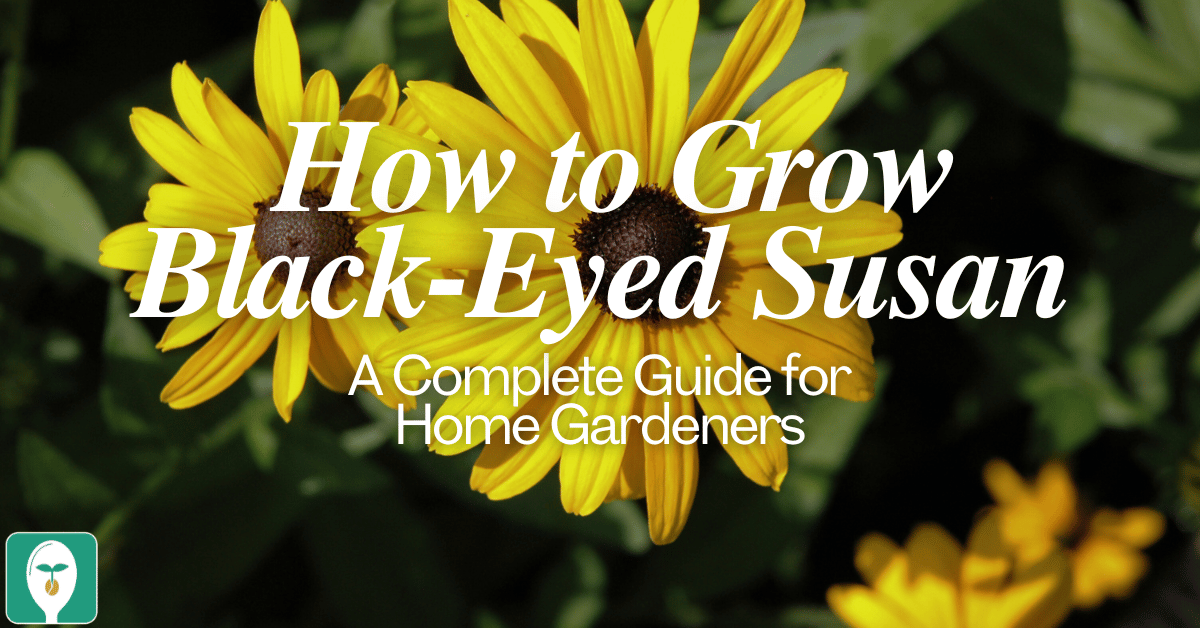As the gardening season draws near, the anticipation of initiating seeds indoors captures the interest of many. Yet, this critical stage is not without its challenges, which can impede the development of your seedlings. Mistakes such as incorrect watering methods or timing the seed starting process improperly can significantly impact the success of your garden. In this discussion, we aim to shed light on some prevalent seed starting missteps and offer guidance on how to sidestep these obstacles, paving the way for a flourishing gardening season. We will also highlight a valuable resource, the Seed to Spoon app, crafted to aid gardeners in meticulously planning and efficiently managing their gardening endeavors.
Timing is Everything
One of the most prevalent mistakes in seed starting is incorrect timing. Starting your seeds too early or too late can impact their growth and survival. To ensure you’re sowing at the optimal time, consider using the Seed to Spoon app. This app provides exact planting dates based on your location, taking the guesswork out of when to start your seeds indoors and when to transplant them outdoors.
The Importance of Pre-moistening Your Soil
Another common oversight is failing to pre-moisten the seed starting mix. Dry soil mix does not absorb water well, which can lead to inadequate moisture for your seeds. Before filling your trays or containers, mix your starting soil with water until it’s evenly moist. This step ensures that your seeds have the best environment for germination and growth.
Watering Techniques Matter
Overwatering or watering from the top can create conditions ripe for mold and hinder seedling development. To avoid these issues, always water your seedlings from below. This method encourages stronger root growth and prevents the surface of the soil from becoming too damp, which can lead to mold. Utilize seed starting trays with a water reservoir or systems like the Bootstrap products and Park Seed Bio Domes, which are designed for efficient bottom watering.
Air Circulation is Key
Lack of adequate ventilation can also lead to mold growth and weak seedlings. Incorporating fans into your seed starting area can significantly improve air circulation, creating an environment less conducive to mold and more suitable for developing strong, healthy plants.
Cleanliness Prevents Problems
Reusing seed starting trays and equipment without proper cleaning can introduce diseases and pests to your new plants. Before the start of each season, clean your trays and tools with a solution of one part bleach to nine parts water. This simple step can prevent a multitude of issues and give your seedlings a clean, healthy start.
Light: The Lifeline of Seedlings
Insufficient light often results in “leggy” seedlings, which are weak and spindly. To avoid this, ensure your grow lights or natural light source is close enough to provide adequate light without overheating or burning the seedlings. Adjust the height of your lights as your plants grow to maintain the optimal distance.
Hardening Off for Success
A crucial step that’s often overlooked is hardening off seedlings before transplanting them outdoors. This process involves gradually acclimating your plants to outdoor conditions over a week or two. Skipping this step can shock your plants, leading to poor growth or even death.
To navigate the complexities of seed starting and avoid common pitfalls, the Seed to Spoon app is an invaluable resource for gardeners. With personalized planting schedules, tracking features for your seedlings, and a wealth of gardening tips, this app simplifies the gardening process, making it more accessible and enjoyable.
By paying attention to these common mistakes and employing the strategies outlined above, you can ensure a successful and productive start to your gardening season. Download the Seed to Spoon app today and embark on a gardening journey that’s informed, organized, and fruitful.
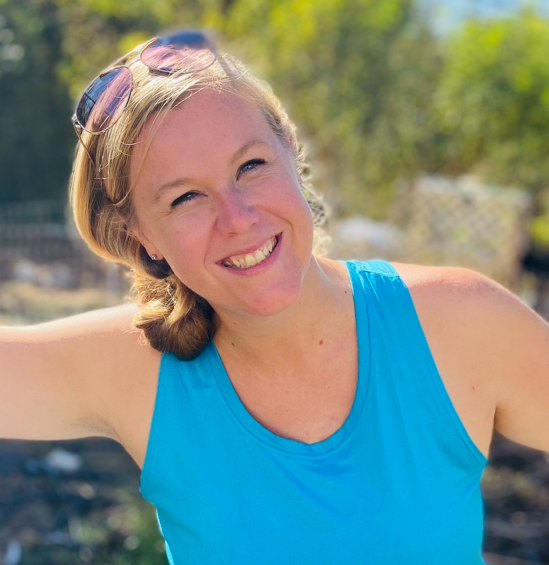
Carrie Spoonemore, co-founder of “From Seed to Spoon,” stands as a beacon of inspiration for gardeners and health enthusiasts alike. Her journey alongside her husband, Dale Spoonemore, in creating a platform that demystifies gardening and promotes a healthier lifestyle, has made a significant impact on individuals around the globe. Through the “From Seed to Spoon” app, Carrie has dedicated herself to empowering people to take control of their health and environment by growing their own food.
With a profound belief in the power of gardening to improve mental and physical health, Carrie’s contributions to the Seed to Spoon blog reflect her holistic approach to wellness. Her articles often focus on the nutritional benefits of homegrown fruits and vegetables, organic gardening practices, and the mental health benefits of spending time in nature. Carrie’s expertise in health science shines through in her detailed discussions on how specific plants can contribute to a balanced diet and overall well-being.
Carrie’s passion for gardening is deeply intertwined with her commitment to family and community wellness. She frequently shares personal stories of how gardening has brought her family closer together, offering practical tips for involving children in gardening activities and making it a fun, educational experience. Her writing encourages families to explore gardening as a means of spending quality time together while learning about nature and sustainability.
In addition to gardening advice, Carrie’s contributions to the blog include insights into the use of technology to enhance the gardening experience. She has played a crucial role in designing the “From Seed to Spoon” app to be user-friendly, ensuring that users of all ages and backgrounds can navigate the complexities of gardening with ease. Her vision for the app is not just as a gardening tool but as a vehicle for change, inspiring individuals to adopt a more sustainable lifestyle by growing their own food.
Carrie Spoonemore’s presence on the blog is marked by her compassionate approach to teaching and her unwavering belief in the transformative power of gardening. Her work continues to inspire a community of gardeners to pursue a healthier, more sustainable way of living, proving that with the right tools and knowledge, anyone can become a gardener and advocate for their health and the planet.
